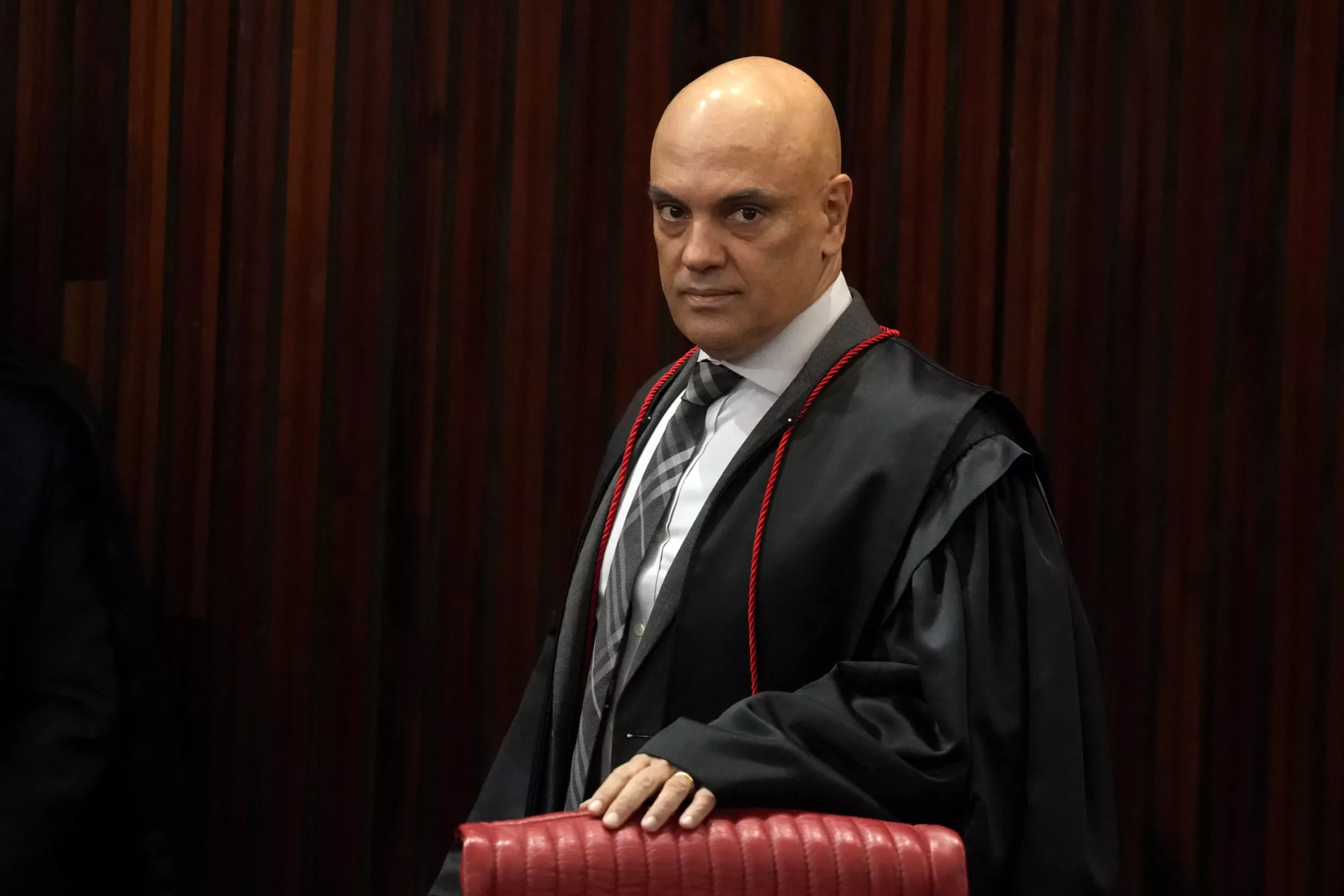The recent blocking of a popular social media platform, referred to as X, in Brazil has sparked a heated debate among users and politicians regarding the legitimacy of such bans. The contentious issue has left many Brazilians struggling to navigate other social media platforms and has divided opinions on the freedom of speech, misinformation, and the power dynamics between tech billionaires and government regulations.
The blocking of X, owned by Elon Musk, commenced early on a Saturday following Musk’s failure to name a legal representative in Brazil as requested by Supreme Court Justice Alexandre de Moraes. This move rendered the platform largely inaccessible through both web browsers and mobile applications, much to the dismay of millions of users in Brazil. The feud between Musk and de Moraes over free speech, far-right accounts, and misinformation has been escalating for months, culminating in the drastic measure of banning the platform.
The absence of X has left many Brazilian users feeling disconnected and disoriented, with their primary source of news, social interactions, and entertainment abruptly taken away. Some users resorted to alternative platforms such as Bluesky, which experienced a surge in new Brazilian sign-ups post the X ban. The vibrant online community of Brazilians, known for their engagement in political discussions, sharing humor, and creating viral memes, has been significantly affected by the ban.
Public figures, including pop stars like Cardi B and prominent politicians such as former President Jair Bolsonaro’s allies, expressed their concerns and frustrations over the social media ban. The issue of using virtual private networks (VPNs) to circumvent the ban further complicated the situation, leading to legal debates and calls for due process in imposing fines on VPN users. The decision to suspend X until compliance with court orders has stirred discussions on authoritarianism and individual rights.
The political fallout from the social media ban has intensified the already tense relationship between Bolsonaro’s supporters and the judiciary. Calls for impeachment proceedings against Justice de Moraes and criticism of the government’s role in limiting freedom of expression have become prevalent. The reaction from President Luiz Inácio Lula da Silva, endorsing the judicial decision and calling for adherence to Brazilian laws, underscores the broader implications of the ban on international investments and legal certainty.
For many young Brazilians, social media platforms like X serve as primary sources of news and information, shaping their worldview and interactions. The abrupt removal of such platforms has left a significant portion of the youth feeling disconnected from global events and uninformed. The reliance on social media for accessing news highlights the challenges of media literacy and information consumption among the younger generation.
The blocking of social media platform X in Brazil has not only divided users and politicians but also raised important questions regarding freedom of speech, government regulations, and the power dynamics between tech giants and state institutions. The impact on Brazilian users, public figures, and political discourse underscores the complexities of managing online platforms in a rapidly evolving digital landscape. As debates continue, the need for transparent and accountable governance of social media platforms remains a critical issue in ensuring a balanced and democratic online environment.


Leave a Reply
You must be logged in to post a comment.